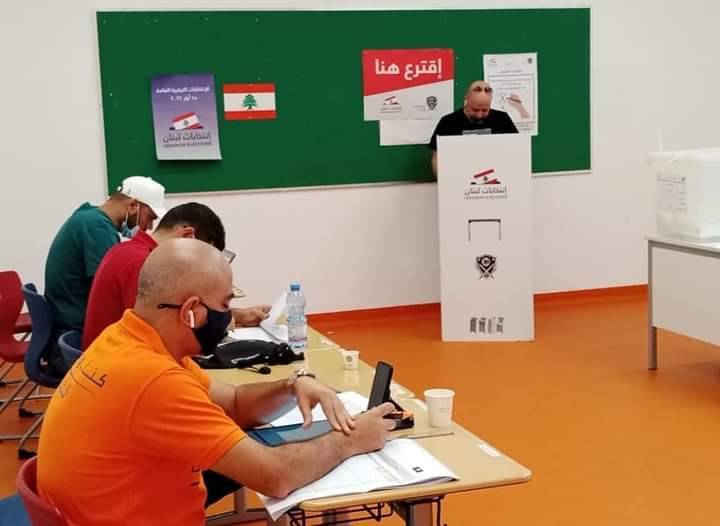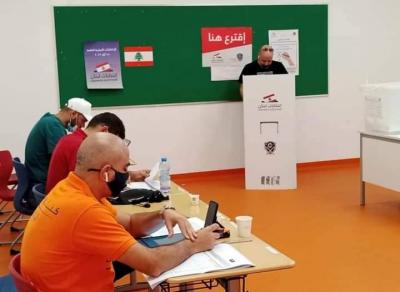Regarding the significance of the results that will emerge from the expatriate ballot boxes, which closed early this morning, the week of elections within Lebanon opens with heightened enthusiasm. A singular outcome deserves attention and a deeper contemplation of its implications: the expatriates' resentment toward the ruling system and their eagerness for change, which they see as the only hope for their return to Lebanon after being displaced by the forces of reality and the failed, murderous authority.
While betting on the outcome of the votes for the change-makers to overturn the equation and achieve an absolute majority in the parliament might not be entirely accurate—given that the forces calling for change are not united in a single organized list, but rather are in conflict in some districts—there are indeed serious lists capable of making inroads according to statistics and securing shares in several regions. It is worth noting that change is not a singular organized party, but embraces natural plurality within a democratic system, as seen in the variety of lists and numerous candidates.
Diplomatic circles closely monitoring the Lebanese situation tell "Al-Markaziah" that the narrative propagated by some parties in power or outside it, claiming there is little chance of success for true revolutionary candidates, is a deliberate and intentional error aimed at dampening the enthusiasm of voters and the revolutionary public who fought and filled the squares during the October 17 uprising. It aims to suggest that the odds of any of their leaders making it are non-existent. However, the overwhelming desire demonstrated yesterday by most voters in some European countries, particularly France and the UAE, clearly reflects a focus on the necessity of overthrowing the authority and parties that participated in governance over the past years. This is a cause that can be relied upon to anticipate a significant volume of votes in favor of the genuine change lists—based on action, not on hollow and worn-out slogans.
Furthermore, observers note that what Lebanese citizens inside witnessed on television and what they heard from their compatriots scattered around the world, due to the actions of the criminal regime that has killed, displaced, and impoverished the people, and continues to exercise its power over those who remain in Lebanon without any deterrent, should enhance their trust in the forces of change. This encourages them to cast their votes for the freedom seekers who have broken free from the sphere of domination and prioritizing private gain, in favor of the lists and candidates of the revolution, particularly those who have presented encouraging programs and possess a vision and transformative capacity, unlike the parties that participated in the authority.
On May 15, diplomatic circles add, every Lebanese suffering from humiliation, poverty, and hunger must recognize this reality and confront it with the courage and determination of their brothers in exile. Some of them have challenged the regime's practices to obstruct their voting, traveling from distant regions to polling centers despite difficult weather conditions, joining their voices with those of their compatriots to open the only door to salvation and rescue Lebanon from the abyss into which it has been thrown without shame.
On the other hand, retreating, boycotting, and deeming change impossible is a crime against the nation, especially since the forces responsible for Lebanon's downfall spare no effort, even resorting to threats and physical assaults, to force votes for their lists, utterly disregarding freedom of choice, democratic system, and its requirements.
Yesterday, expatriates held the system accountable, stirred the winds of change, queued up, and raised their voices high against the regime, passing the torch of national duty to those residing in Lebanon. Will they catch it and save Lebanon from a bleak fate? The answer lies in Great Sunday.




